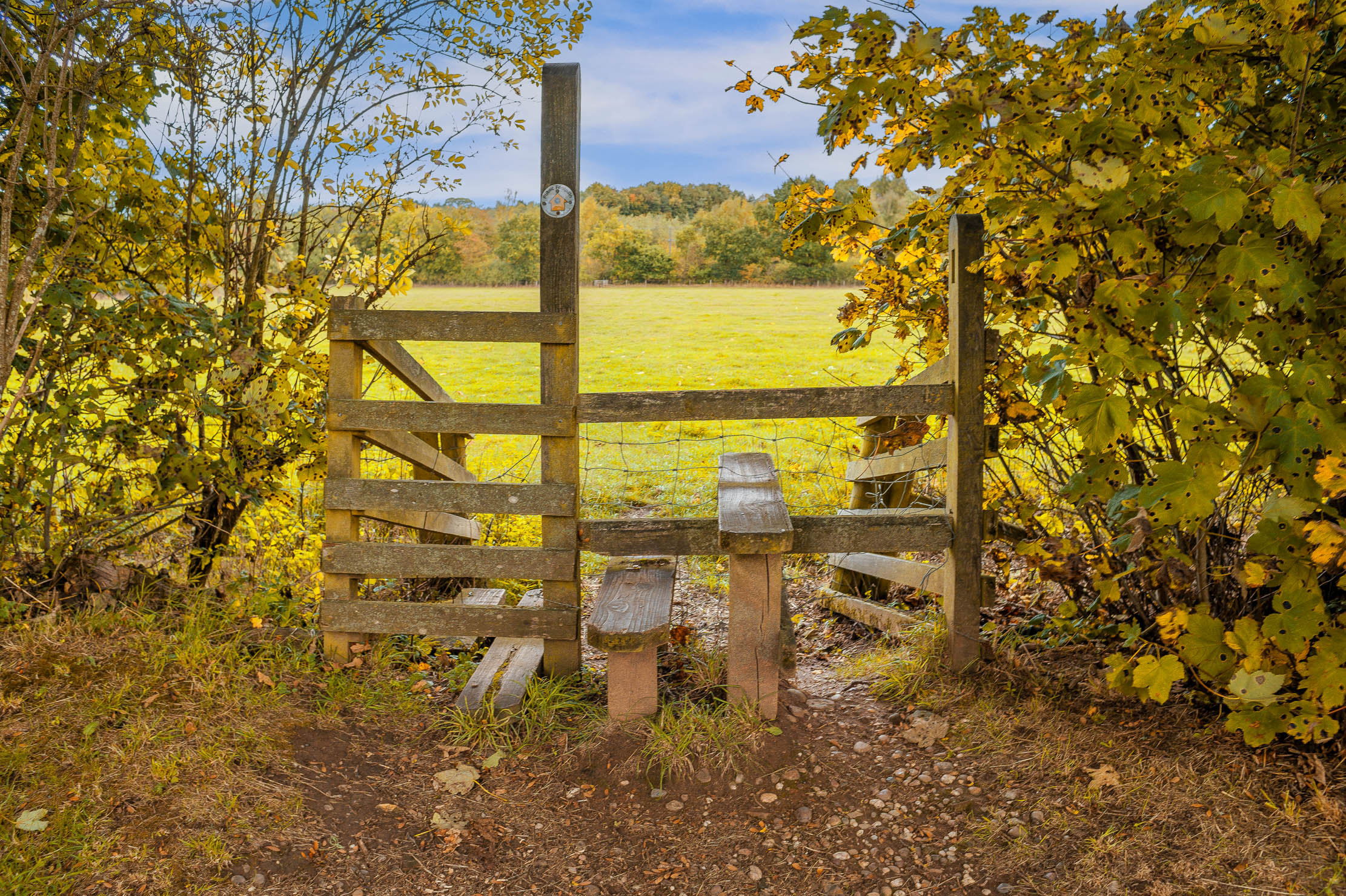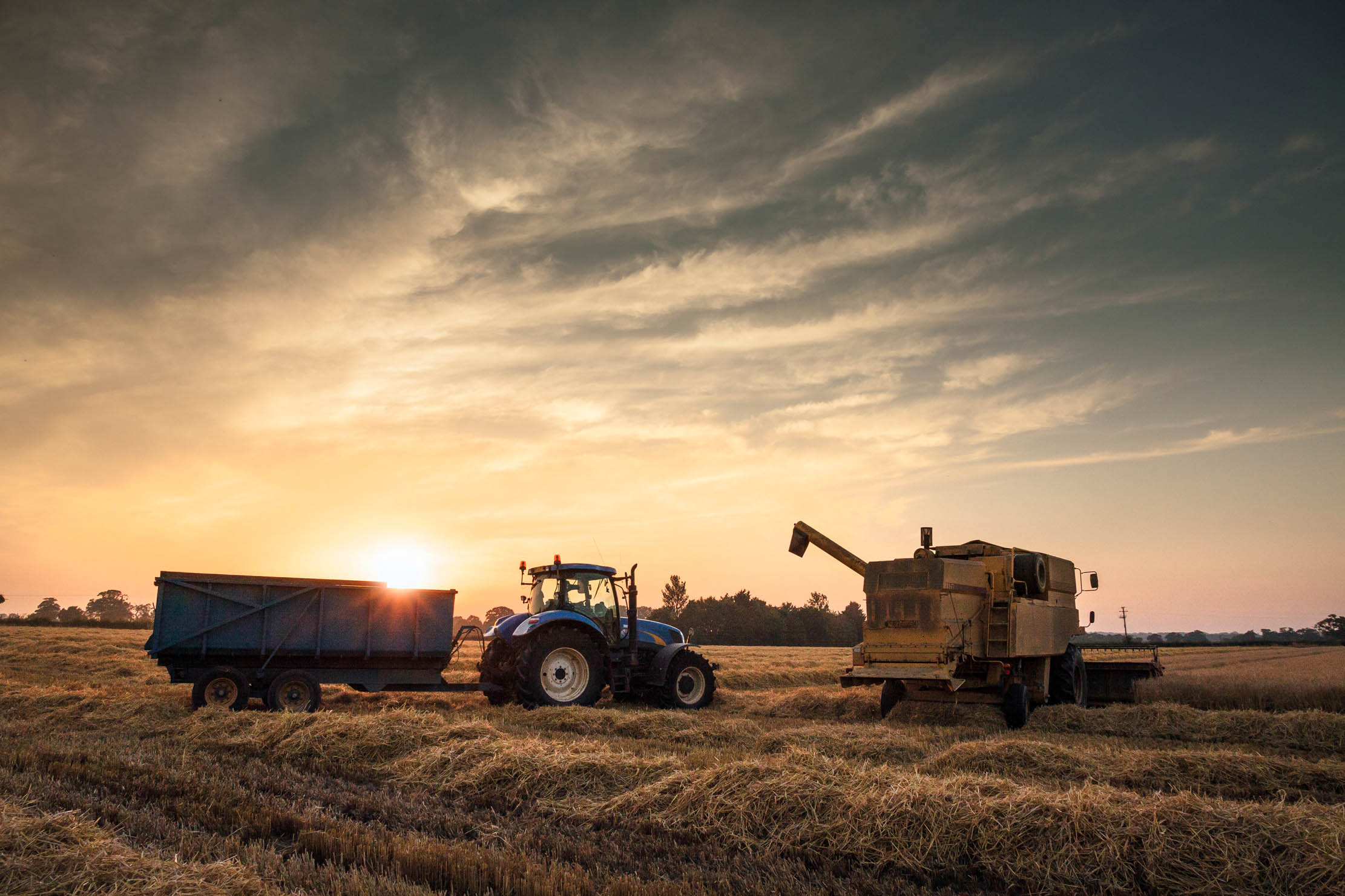'The countryside faces either terrible harm or uplifting good. Which will it be? It really is up to us'
The countryside is for everyone and the problems facing it — and farming and the environment — will not be solved if the different factions continue to squabble, points out Julian Glover.


Exquisite houses, the beauty of Nature, and how to get the most from your life, straight to your inbox.
You are now subscribed
Your newsletter sign-up was successful
What is the countryside for? The question might seem odd. Must everything in life be reduced to a calculable purpose? The British countryside is what it has always been: a place shaped by millions of individual actions by humans and animals over thousands of years, made special precisely by the fact that there never has been a grand plan. It is a beautiful accident.
Still, we do need to answer the question. Rural issues are marginal in national debate and, with that, old constancies are falling away. The way things are will not continue, even if the way things are was once good enough: family farms are selling up, food producers are intensifying, the power of capital to do violence to landscapes through things such as house building, solar energy and massive distribution warehouses is huge, digital technology is changing country life just as it changes everything else and the natural world is in crisis. From the window of the train that takes me home to Derbyshire, I can count almost week by week the fields being chomped up by diggers to build uninspiring homes. When I get there, in a national park, slurry runs into streams.
This is a moment as significant as the enclosures that shaped the central part of England or the industrialisation of farming that turned a land alive with birdsong into one defined by the collapse of ecologies. It is also a moment that could lead to much good. There’s an imaginable future in which better ways of farming see Nature come flooding back; in which people eat food that is better for them, grown closer to them; in which villages are more than retirement homes; and in which city people from all sorts of backgrounds find enrichment from the beauty and traditions that Country Life marks every week. Lots of this is happening already. We simply need much more of it.
There is no cause with more potential to unite us than restoring the countryside to a flourishing condition. The countryside can feed us, store carbon, provide clean water and purify air; it can make us healthier and fitter, create wealth and bring joy, togetherness and identity in a nation unsure of its place in the world.
"A human life, I think, should be well rooted in some spot of a native land, where it may get the love of tender kinship for the face of the earth"
However, as I found out after leading a review for the Government into ways of making our protected landscapes better for people and Nature, even good ideas and public support aren’t enough to bring change if politicians treat the countryside and country people as marginal. That is why there is another, darker, imaginable future for our countryside. We cannot trust an urbanised and technological society to make the right choices if it does not hear a winning case for them — and that case is not being made now.
How do we make it? A good start would be to stop falling out among ourselves. On social media, passionate environmentalists, dismayed by the barren parts of our landscapes, argue their corner; elsewhere, farmers, hurt by a lack of respect for the things they achieve, make another. Everyone risks sliding towards pessimistic absolutes, all the time overlooking the fact that the biggest threat to the countryside comes from those who do not care about it at all.
The farmer and the environmentalist might be on different sides of a small argument, but on the same side of the big one. Urban people — and urban politicians — should pause before they inflict further rules and bans with consequences felt only by rural people powerless to shape them. In turn, those whose privilege it is to live in beautiful places need to welcome, not fear the need for city people to be with Nature.
Exquisite houses, the beauty of Nature, and how to get the most from your life, straight to your inbox.

We need a way to look up and look forward together, which is why, working with others, I have been helping to organise Future Countryside. It will start as a one-day discussion bringing together different voices and views with one shared ambition: to make sure rural Britain plays a part in everyone’s future. We are meeting for the first time in early June at Hatfield House, Hertfordshire, with the kind permission of the 7th Marquess of Salisbury. Ministers and opposition politicians have promised their time; so have farmers, experts on Nature and people from cities for whom access to a green and healthy countryside has come to matter more than ever after the covid pandemic.
We don’t want to compete with the many expert and creative forums elsewhere where people shape the future of farming, or the recovery of Nature, or jobs or health and housing. Nor do we expect everyone to sign up to shared policies. There’s no shortage of competing good ideas out there. What’s lacking is a place to join them together to answer that question: what is the countryside for?
Terrible harm — or uplifting good — lies ahead. Which will it be? It really is up to us. We must make a positive decision to make the countryside a central and useful element in national life.
I can’t anticipate what conclusions we may reach at Hatfield, or even quite where they will affect Future Countryside as it develops. But I do know that the outcome matters. ‘A human life, I think, should be well rooted in some spot of a native land, where it may get the love of tender kinship for the face of the earth,’ George Eliot wrote in Daniel Deronda. And, really, that is what the countryside is for.
Julian Glover is a trustee of the National Lottery Heritage Fund and led the Landscapes Review for Defra.
